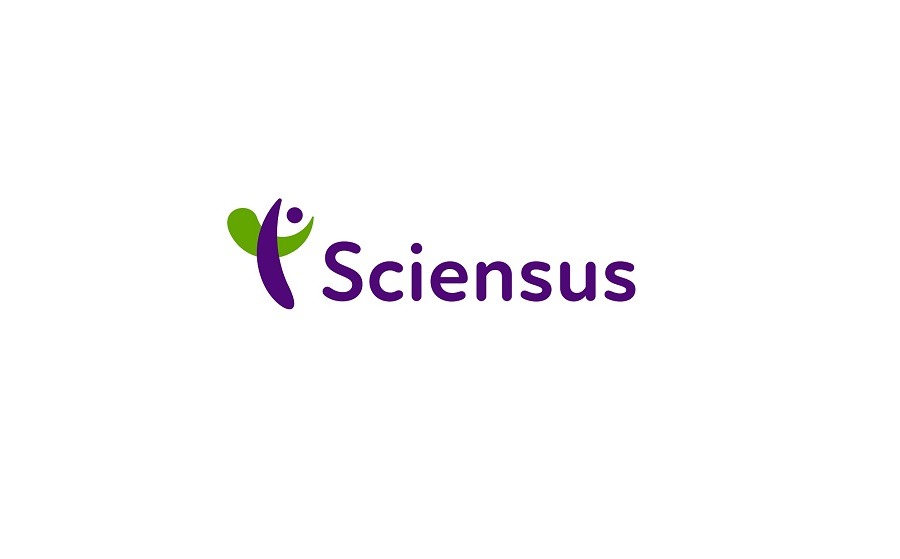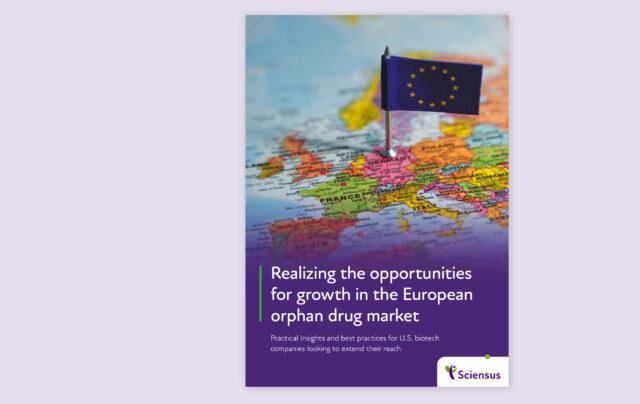How biotechs can expand in Europe: Pharmaceutical out-licensing vs. partnering
Pharmaceutical out-licensing, partnering or going it alone. What is the best strategy to access Europe?
Many US biotech and pharma companies seeking to launch a new orphan drug in Europe are put off by the region’s complex landscape. With 27 countries, 24 languages and various cultures, healthcare systems, regulations and reimbursement mechanisms to navigate, that reputation isn’t unreasonable.
However, there are several approaches companies can take to get to market more easily and reduce complexities. Read on to learn about the three main options open to biotechs looking to launch into Europe: out-licensing, going it alone, or partnering with a specialist provider.
Pharmaceutical out-licensing: what does it mean?
Pharmaceutical out-licensing means giving another organisation accountability for marketing and managing your product in Europe. It’s a form of partnership and can be a good option for companies that don’t have large-scale ambitions for European expansion.
Benefits of out-licensing pharmaceutical products
There are some benefits to choosing to out-license your pharmaceutical product:
- It reduces the investment needed to launch independently, generally including an upfront payment and ongoing royalties
- By leveraging the licensee’s established local infrastructure and expertise, it typically speeds up market entry
- It offers access to a network with local expertise, including knowledge of the regulatory landscape, distribution channels and healthcare systems
- With the time and money saved, many companies opt to redirect resources to further research and development, for example
Challenges of pharmaceutical out-licensing
Despite the benefits, there are also some risks that come with out-licensing:
- Lower profit margin, with the majority of the commercial profits going to the licensee
- Exposure to reputational risks due to having limited control over how the product is marketed and used
- Lost opportunities to build relationships with clinicians, patient advocacy groups, and the market. This is the main reason out-licensing usually isn’t considered to be the best option for companies planning a future expansion into Europe
Going it alone vs out-licensing
While daunting, there are clear benefits for companies in autonomously launching and managing European operations. It allows companies to maintain full control over a product’s European launch, including product messaging, commercialisation, pricing and branding. What’s more, the company keeps all the profits.
However, this approach also requires a significant investment in resources and capital to set up the necessary European infrastructure. For companies with an appetite for this level of risk and long-term ambitions to build a larger-scale European operation, this could be an attractive option.

Partnering vs out-licensing pharmaceutical products
Partnering with a specialist provider is an option for organisations that don’t want to launch independently but also don’t want to lose direct control. Partners can help biotechs launch products in Europe while enabling them to keep control of how the product is marketed and commercialised. Partnerships cover a spectrum of relationships, from supporting companies with importation and logistics alone to a fully managed service for launching, distributing, and commercialising the product.
A strong collaboration with the right partner can limit costs and speed up market access through the partner’s established infrastructure, knowledge, and on-the-ground expertise. A partnership also offers an opportunity to build foundations in the region before potentially opting for independent expansion in the future.
How to select the right partner for you
Specialist organisations offer different types of partnerships, so it can help to consider what’s needed from a European partner. Some key considerations are:
1. Rare disease expertise.
Biotechs with little local knowledge should look for a partner with expertise in rare diseases and European orphan drug distribution that offers the necessary know-how to navigate complicated regulatory requirements, reimbursement processes, and patient advocacy networks.
2. Reimbursement and cash collection.
Each European country is free to negotiate its own reimbursement deal. A partner with in-depth knowledge of European healthcare systems and reimbursement processes can help to secure favourable pricing and faster reimbursement.
3. Distribution and logistics.
Orphan drug supply is naturally low volume which can make it difficult to secure a specialist contract with a standalone distribution partner and guarantee safe and on-schedule delivery of stock. A partner with a well-established distribution network and dedicated medical storage facilities will ensure the product reaches patients across the continent quickly, safely, and efficiently.
4. Observational studies and patient support.
Rare and orphan medicines frequently receive EMA Market Authorisations under “extraordinary conditions”, necessitating “additional surveillance” such as post-authorisation safety study (PASS). A partner with expertise in PASS will ensure that all necessary approvals are secured.
Providing a new medicine for a rare disease is not without its challenges, such as adherence and side-effect management. A partner with a track record of successfully implementing effective patient support programmes throughout Europe will will guarantee these issues are tackled effectively.
Summary
When choosing between pharmaceutical out-licensing, going it alone and partnering, there are several factors pharma companies should consider. This includes your long-term European ambitions, willingness to transfer rights to a third party and general appetite for development, risk and reward.
While each of these options offer benefits, the right choice for your organisation hinges on how you feel about giving up control and making a smaller profit margin in return for a faster route to market. Partnering is often the perfect middle ground, with the licensor retaining full control but sharing the risks of European expansion with an experienced local expert.
Need help understanding what’s right for you?

About Sciensus
Sciensus is a proven life sciences solutions partner with more than 30 years’ experience in navigating and unlocking the complex European healthcare ecosystem to maximise patient reach. We help accelerate the development journey, bringing medicines into the market and directly to patients to improve health outcomes. Through cutting-edge patient engagement programmes, offering an exclusive combination of skilled in-person care and digital support, we help patients make the most of their treatment and generate real-world evidence that can be used to improve treatment pathways.
Explore more insights on expansion

Thought Leadership
Commercialization of rare & orphan products in Switzerland and smaller EU Markets

Blogs
Six steps for a successful Early Access Program in Europe
For biotech companies seeking to bring a new rare disease treatment to market in Europe, there can be many obstacles…

Thought Leadership
Expand into Europe: unlocking the orphan drug market





